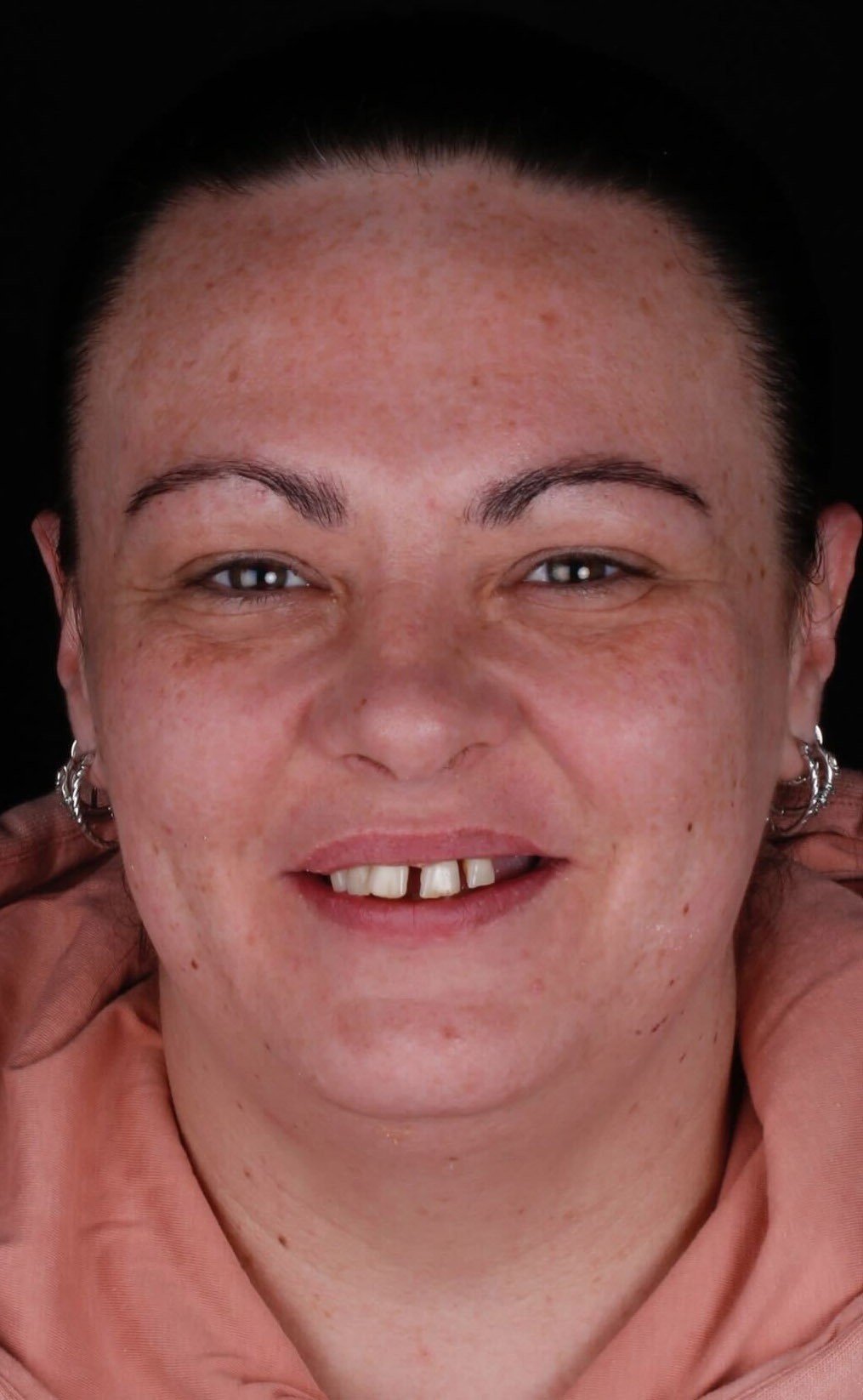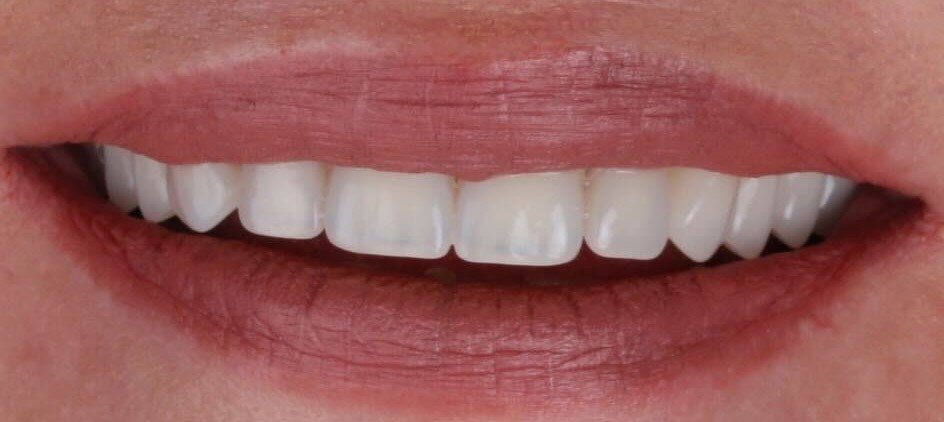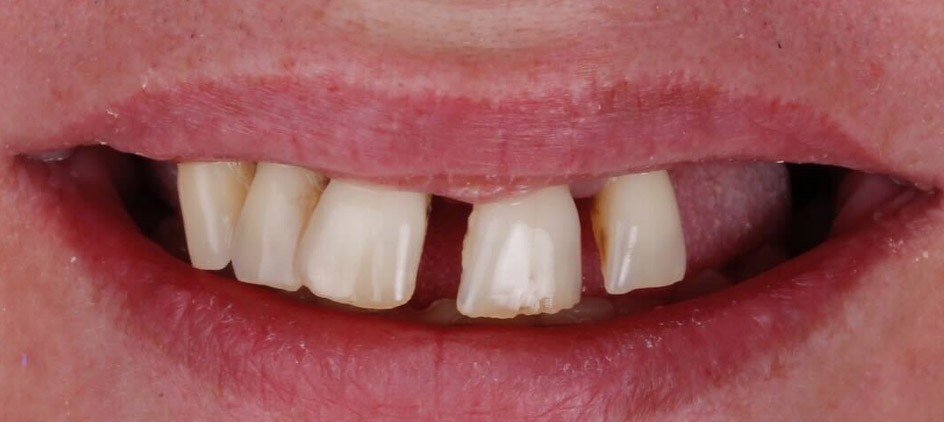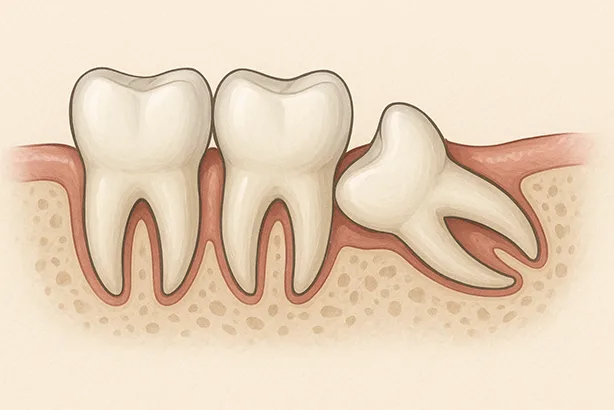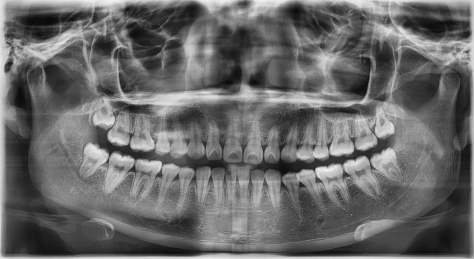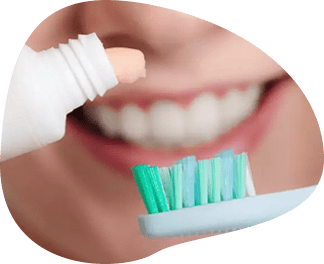Facing the prospect of having your teeth extracted can be daunting. Whether it’s due to long-term dental issues, pain, or the desire for a more confident smile, it’s natural to feel a sense of urgency to replace missing teeth. This is where dentures can play a vital role. The idea of moving on from painful or damaged teeth to a stable set of dentures is appealing for many people, yet questions often arise about the timing. After all, when you find yourself saying, “I need teeth pulled and dentures as soon as possible,” you’ll want accurate information about the process.
In this guide, we’ll address your most pressing concerns, such as, “How soon can I get dentures after my teeth are pulled?” and “What to eat after having teeth pulled and dentures put in?” Our aim is to provide practical advice and reassurance. At Vallance Dental Centre in Manchester, we understand the importance of a smooth journey from extraction to fitting your new dentures, and we’re here to help you every step of the way.
Immediate vs. Conventional Dentures
When it comes to dentures, there are two main options to consider: immediate dentures and conventional dentures. Your choice will depend on a range of factors, including how quickly you want or need your dentures, the number of teeth being extracted, and your overall oral health.
Immediate Dentures (Teeth Pulled Dentures Same Day)
Immediate dentures can be placed on the same day as your tooth extraction procedure. This process involves your dentist taking impressions of your mouth before the extraction. The denture is then crafted based on these measurements so it’s ready to fit straight away, hence the name “teeth pulled dentures same day.”
The biggest advantage of immediate dentures is the continuity it provides. You don’t have to face the world with gaps in your smile, and you can often start adjusting to your new dentures without a prolonged waiting period. However, as your mouth heals, the shape and structure of your gums and jaw will change. This means that immediate dentures may need adjustments or replacements over time.
If you’re looking for more information about immediate dentures, feel free to visit our dedicated page here:
Immediate Dentures in Manchester.
Conventional Dentures
Conventional dentures are typically fitted after your mouth has fully healed from the extraction procedure. Healing can take several weeks to a few months, depending on the number of extractions and your individual healing process. Because the gums have settled into their final shape by this point, conventional dentures often provide a better long-term fit and may require fewer follow-up adjustments.
This approach can be more predictable. You’ll often have a clearer idea of how the dentures will sit once your gum line has stabilised. However, the downside is the waiting period. Some people may feel uncomfortable with the aesthetic gap in their smile during the healing phase, but temporary solutions or partial dentures can be used in the meantime.
Overall, the choice between immediate and conventional dentures is a personal one. It’s essential to discuss these options with your dentist, who will take into account your unique circumstances, such as overall oral health, budget, and comfort with a short gap period.
How Soon Can I Get Dentures After Extraction?
One of the most common questions patients ask is, “How long after having teeth pulled can you get dentures?” and “How long do you have to wait to get dentures after teeth are pulled?” The answer varies based on whether you opt for immediate or conventional dentures. With immediate dentures, you can walk out of the clinic wearing your new smile on the same day your teeth are extracted. If you choose conventional dentures, you may need to wait for the healing period to complete, which can take several weeks to several months.
Some people worry about the transitional period if they choose conventional dentures. In these cases, a temporary or interim denture can be placed while the mouth heals. This is a shorter-term solution that still allows you to continue your daily routine with confidence. Once the healing process is complete, your custom-fitted conventional dentures can be fitted, ensuring a more stable, long-lasting result.
In certain instances, you may have no choice but to wait due to complex oral health issues, extensive bone loss, or infections that need to clear before any dentures can be worn. The good news is that the length of this waiting period can often be minimised with proper post-extraction care, rest, and regular check-ups with your dentist.
Before and After Images
Seeing the results of denture treatment can be inspiring and reassuring. At Vallance Dental Centre, we have helped numerous patients restore their smiles and confidence. Here are some before and after shots of real patients:
Factors Affecting the Denture Timeline
The journey towards your new dentures is unique to you. While some people move quickly from tooth extraction to denture fitting, others may face additional steps or unforeseen delays. Here are some factors that can influence the timeline:
- Oral Health: If you have gum disease or infections, these will need to be managed first to ensure a healthy foundation for dentures.
- Number of Extractions: Undergoing multiple extractions at once can affect healing times. The more teeth you have removed, the longer the recovery period may be.
- Bone Structure: Having sufficient bone density can influence how soon you can wear dentures comfortably. If bone loss is significant, you may need bone grafting or other procedures.
- Age and General Health: Younger patients with good overall health may recover faster than older or medically compromised individuals.
- Custom Dentine Design: High-quality dentures often require multiple measurements and fittings to ensure a perfect match for your mouth. Creating bespoke dentures can take several weeks.
Ultimately, no two patients have the same timeline. By consulting with a professional at Vallance Dental Centre, you can get a clearer picture of the steps involved and an estimated timeframe. This personalised approach ensures you receive the best possible care, based on your specific situation.
Can I Have All My Teeth Pulled and Get Dentures?
A full-mouth extraction is a serious consideration. It’s not uncommon for patients to say, “Can I have all my teeth pulled and get dentures?” or “I need all my teeth pulled and dentures uk” because they’re dealing with advanced decay, gum disease, or significant tooth damage. The short answer is yes, it’s possible, but it’s vital to understand the implications and the process involved.
Why Opt for Full-Mouth Extraction?
In some situations, retaining natural teeth is no longer a viable option due to widespread infection, severe pain, or the risk of further complications. A complete extraction followed by dentures can offer a fresh start for your oral health, free from the problems that may have led to extractions in the first place.
The Process
The procedure for a full-mouth extraction typically involves several steps:
- Consultation and Assessment: Your dentist will examine your teeth, gums, and bone structure, and discuss any pre-existing conditions.
- Treatment Plan: You’ll receive a detailed plan outlining the extraction procedure, the type of dentures recommended, and the potential need for immediate or conventional dentures.
- Extraction Day: Depending on your comfort level and the complexity of the procedure, local anaesthesia or sedation may be used. All remaining teeth are then removed.
- Immediate Dentures (If Chosen): If you’ve chosen immediate dentures, these will be placed on the same day. Otherwise, you’ll wait for the gums to heal before fitting conventional dentures.
- Follow-Up and Adjustments: Regular check-ups allow your dentist to monitor healing and make any necessary adjustments to your dentures.
It may feel overwhelming to consider losing all your natural teeth. However, this decision can often lead to a more functional and attractive smile in the long run, especially if your natural teeth are causing persistent issues.
Recovery Tips After Getting Teeth Pulled
Recovery from extractions is a crucial part of the process. Your mouth needs time to heal before your new dentures become fully functional. Below are some helpful guidelines to ensure a comfortable and swift healing period.
1. Managing Pain and Swelling
It’s normal to experience some discomfort and swelling in the days following your extraction. Over-the-counter pain relief can be used as directed by your dentist or GP. Applying a cold compress to the outside of your cheek can help reduce swelling.
2. Maintaining Oral Hygiene
Gently rinse your mouth with a saltwater solution to keep the extraction sites clean and to promote healing. Avoid vigorous swishing, as it could dislodge any blood clots forming in the sockets. Continue brushing and flossing the rest of your teeth, taking care to be gentle around the extraction area.
3. Follow-Up Appointments
Attend all follow-up appointments to monitor healing and to discuss the next steps towards getting your dentures. Your dentist will advise you on when it’s appropriate to start the fitting process, depending on your recovery progress.
What to Eat After Having Teeth Pulled and Dentures Put In
One of the biggest concerns patients voice is, “What to eat after having teeth pulled and dentures put in?” or “What to eat after getting teeth pulled for dentures?” This is an entirely valid question, as your mouth will be sensitive, and you’ll want to avoid disrupting the healing process.
Soft-Food Suggestions
In the first few days to a week, sticking to softer foods is a good strategy to avoid irritating the extraction sites:
- Soups and broths (lukewarm rather than piping hot)
- Mashed potatoes, pureed vegetables, and soft grains like porridge
- Scrambled eggs or soft-boiled eggs
- Yoghurt and smoothies
- Soft fruits like bananas or stewed apples
Over time, as your mouth heals and you become more accustomed to your dentures, you can gradually introduce more solid foods. Chewing on both sides of your mouth evenly can help keep your dentures balanced, and cutting food into smaller pieces is often beneficial.
Foods to Avoid
- Crunchy or hard foods like nuts, crisps, or hard sweets
- Extremely hot or spicy dishes that may irritate the healing tissues
- Sticky foods like toffee or gum, which can pull at your dentures
- Alcoholic beverages, especially during the initial recovery period, as they can interfere with healing
Pay attention to how your gums feel as you introduce new foods. It’s normal to need a bit of time to adjust. If you experience persistent discomfort, schedule a review with your dentist to check the fit of your dentures.Book Your FREE Consultation with Dr. Steph
Whether you’re facing a single extraction or a full-mouth restoration, having a professional you trust can make all the difference. At Vallance Dental Centre, we’re dedicated to making the journey from extraction to dentures as seamless as possible.
Meet Dr. Steph
 When it comes to crafting the ideal denture, the expertise of a skilled dentist is indispensable. Dr. Steph, with a special interest in Removable Prosthodontics, has been a cornerstone of our clinic. Her meticulous approach ensures that each set of dentures not only fits flawlessly but also replicates the natural look and feel of real teeth. Dr. Steph’s dedication and mastery in the field have made a significant impact on both patient care and professional education within the dental community.
When it comes to crafting the ideal denture, the expertise of a skilled dentist is indispensable. Dr. Steph, with a special interest in Removable Prosthodontics, has been a cornerstone of our clinic. Her meticulous approach ensures that each set of dentures not only fits flawlessly but also replicates the natural look and feel of real teeth. Dr. Steph’s dedication and mastery in the field have made a significant impact on both patient care and professional education within the dental community.
Ready to Restore Your Smile?
Are you ready to regain a confident, natural-looking smile with partial dentures? Contact Dr. Steph and our team at Vallance Dental Centre to discover how we can assist you. Contact us by email or telephone, or fill in our contact form below to schedule your FREE consultation. Let us help you smile with confidence again!
Conclusion: The Path to Your New Smile
Deciding to have teeth extracted and moving forward with dentures is a significant choice. Many factors – from the type of dentures you opt for to your individual healing rate – will influence the timeline and overall experience. Whether you’re looking for teeth pulled dentures same day via immediate dentures or are prepared to wait for conventional dentures, being fully informed is your best ally.
We hope we’ve answered your key questions, such as “How long does it take to get dentures after teeth are pulled?” and “How soon can I get dentures after my teeth are pulled?” If you have further queries or wish to discuss your specific dental circumstances, don’t hesitate to reach out to our team at Vallance Dental Centre. We’re here to guide you in your journey towards a healthier, happier smile.
Remember, the process doesn’t stop with the fitting of dentures. Proper aftercare, regular check-ups, and adjustments, as needed, will help ensure you enjoy your dentures for years to come. So, if the question “How soon can I get dentures?” is circling in your mind, let us help you find the right answer tailored to your needs.
Your comfort, confidence, and oral health are our top priorities. Whatever stage you’re at – whether you’re just starting to explore the idea of dentures or are ready to arrange your extractions – our team is ready to offer the support and expertise you need.
Take the next step confidently. After all, a new smile can truly transform not only your appearance but also the way you feel about yourself every single day.

